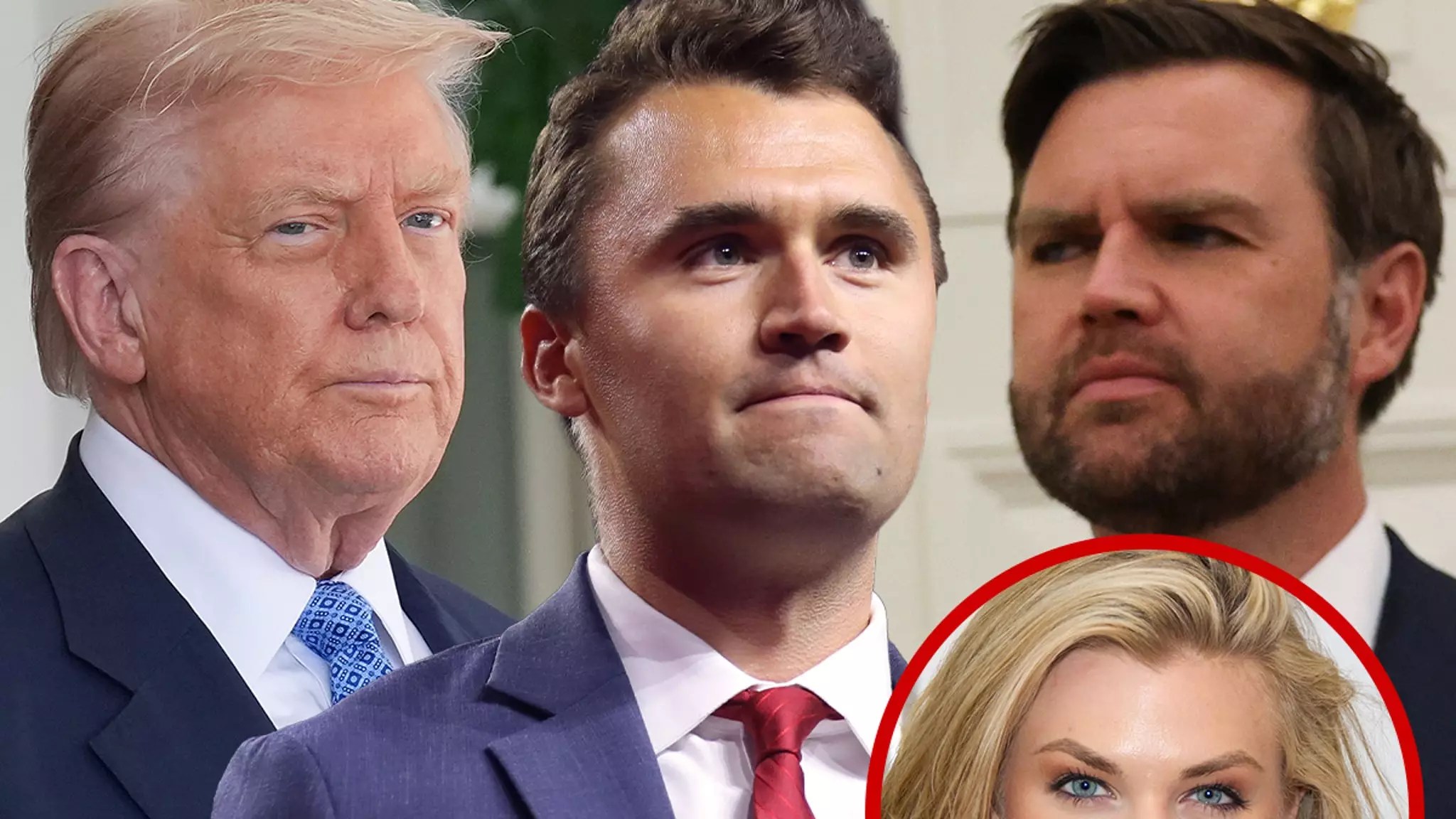In a nation increasingly torn by polarization, the tragic death of Charlie Kirk serves as a stark reminder of how words can spill into violence. Kirk, a prominent conservative figure and founder of Turning Point USA, was shot during a speech—a chilling illustration of the dangerous political climate gripping the country. His death, while shocking, underscores a deeper crisis: the erosion of civil discourse and the dangerous consequences when rhetoric turns unchecked. Public figures often wield language as a weapon, sometimes fueling hostility that erupts into real-world harm. This event isn’t merely a tragedy for Kirk’s loved ones; it’s a wake-up call about the fragility of our democratic fabric and the urgent need for empathy and restraint in our political dialogues.
The High-Profile Memorial: A Symbol of Unity or Political Showdown?
The memorial service titled “Building A Legacy: Remembering Charlie Kirk” is no ordinary gathering. With heavyweights like President Donald Trump and Vice President J.D. Vance headlining, the event appears to be a bold statement about the importance of rallying support around shared values. Yet, the presence of such high-profile figures also invites scrutiny. Are we witnessing a genuine attempt at reconciliation or a strategic display of political influence? The inclusion of well-known personalities like Robert F. Kennedy Jr., Marco Rubio, and Tulsi Gabbard complicates the narrative, blurring lines between mourning and mobilization. While the event aims to honor Kirk’s legacy and highlight the dangers of civil unrest, critics might argue it risks becoming a partisan spectacle, further deepening the divide rather than healing wounds.
Are We Losing Our Way in the Age of Political Extremes?
The shooting incident is rooted in ideological frustration—allegedly fueled by Kirk’s provocative rhetoric. This raises uncomfortable questions about the climate fostered on both sides of the political spectrum. On one hand, supporters argue that Kirk’s free speech is vital for democracy; on the other, critics contend that incendiary language inflames passions and invites violence. The response from the political establishment has been pointed, with the White House blaming the left for inciting unrest, echoing a growing tendency to assign blame along partisan lines. However, such narratives risk oversimplification. The real challenge lies in addressing the systemic issues that have cultivated polarization, paranoia, and even violence. Without meaningful dialogue and accountability, the cycle of hostility threatens to sabotage our communal stability and, ultimately, our collective future.
Hope or Hesitation? The Road Ahead for Political Healing
As figures like Elon Musk and Erika Kirk pay tribute, the question persists: can a country so fractured truly heal? The tragedy isn’t just about one man’s death; it’s about the broader implications for political engagement and civil conduct. Does this memorial serve as a turning point, fostering unity or reinforcing divides? The absence of Democratic leaders at the event may suggest a reluctance to engage in collective mourning and dialogue, deepening the partisan chasm. Moving forward, it’s essential to foster spaces for honest conversation, transcending the partisan narratives that continue to inflame tensions. The path to healing requires humility, accountability, and a firm commitment to safeguarding our democratic principles from the corrosive effects of hate and violence. Only then might we begin to mitigate the dangers that threaten to dismantle the very foundations of our society.







Leave a Reply